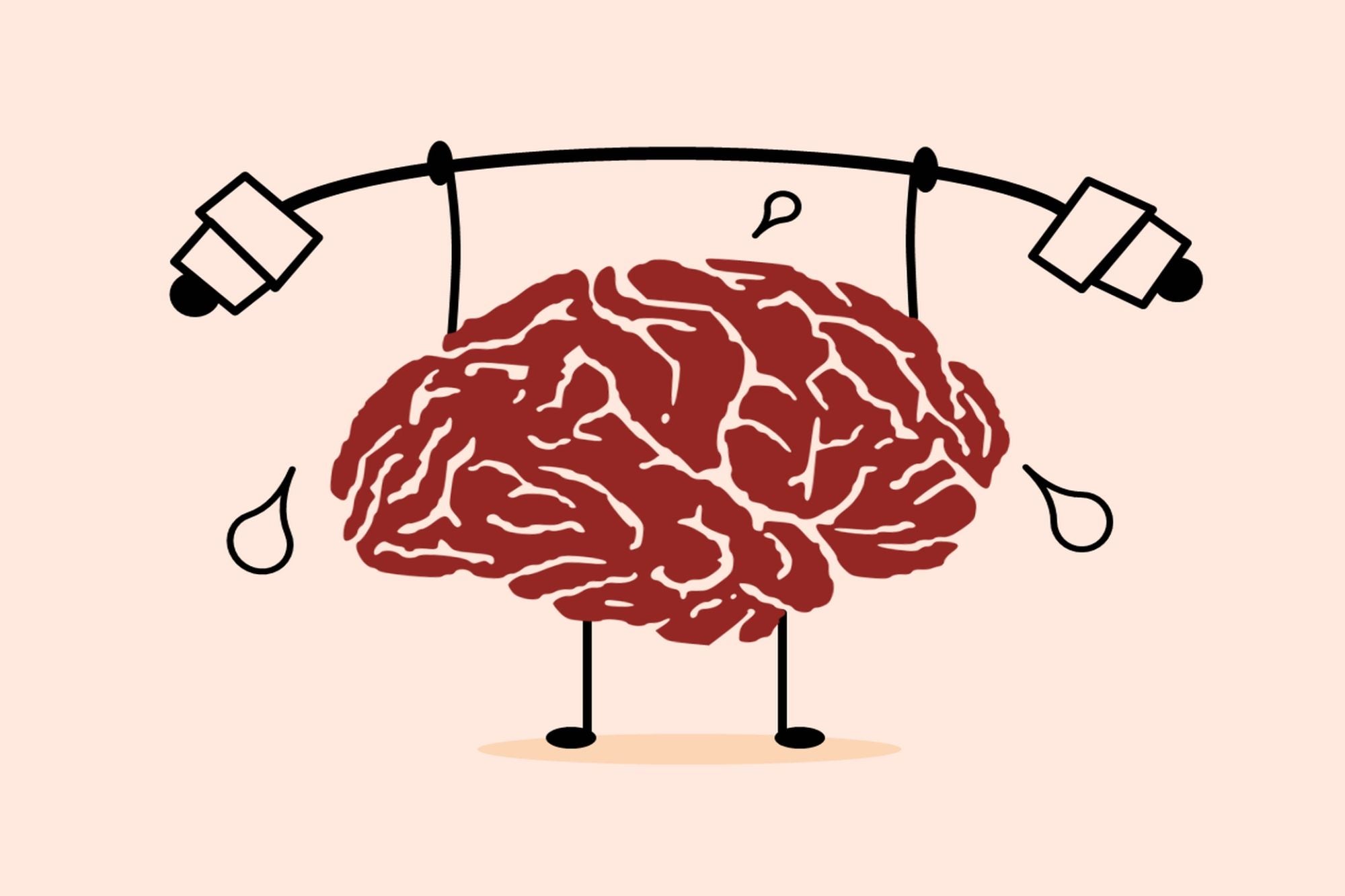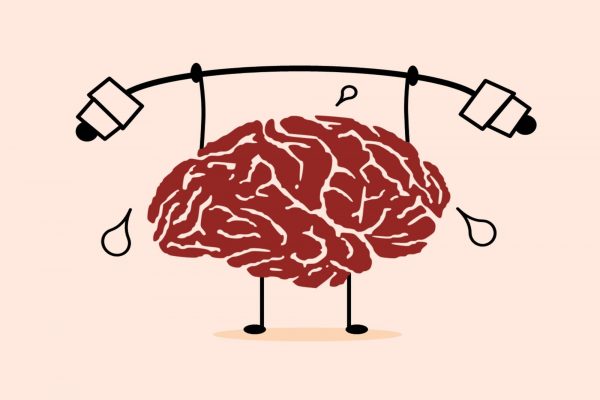Life can get overwhelming at times. We juggle work, relationships, and daily responsibilities, and it’s easy to forget to take care of our mental health. But just like physical health, your mind needs attention and care too. The good news? You don’t need expensive therapy sessions or complicated routines to nurture your mental well-being. Small, consistent steps can make a big difference. In this article, we’ll explore five simple steps you can start practising today to boost your mental well-being and stay on top of your game.
Read more about Wellness
-
Stay Connected with People Who Lift You Up
Humans are social creatures. We thrive when we feel connected to others. Whether it’s a heart-to-heart chat with a close friend, a coffee date with a colleague, or a call to a family member, staying connected helps us feel supported and understood.
- Why it matters: Positive relationships improve mood and reduce stress. They give us a sense of belonging, which is essential for mental well-being.
- What you can do: Make time for the people who make you feel good. Call a friend, schedule a weekly meetup, or simply check in with someone you care about. Sometimes, a five-minute chat can change your whole day.
Bonus tip: If you’re struggling to maintain relationships, start small. A text or a quick voice message can help rebuild those connections without feeling overwhelmed.
-
Move Your Body – Even a Little
Exercise isn’t just about losing weight or building muscles. It’s one of the best ways to take care of your mind too. When you move your body through a walk, a workout, or even dancing in your living room, your brain releases endorphins—chemicals that make you feel happier and more relaxed.
- Why it matters: Physical activity helps reduce anxiety, depression, and negative moods. It also improves cognitive function and boosts self-esteem.
- What you can do: You don’t have to hit the gym for hours. Start with small steps. A 10-minute walk outside, stretching in the morning, or following a short workout video at home can do wonders for your mood.
Bonus tip: Choose activities you enjoy. If you hate running, don’t force it! Try dancing, swimming, or biking—anything that gets you moving and makes you smile.
-
Take a Break from Screen Time
It’s no secret that we’re glued to our screens—whether it’s our phones, laptops, or TVs. While technology connects us and makes life easier, too much screen time can negatively affect our mental health. Constant scrolling can lead to comparison, information overload, and anxiety.
Sign up for the Connect Nigeria daily newsletter
- Why it matters: Taking breaks from screens allows your brain to reset. It reduces eye strain, improves sleep, and gives you a chance to reconnect with the real world.
- What you can do: Set specific times during the day to unplug. This could be during meals, before bedtime, or even a 10-minute screen-free break every hour. Use this time to breathe, stretch, or engage in a non-screen activity like reading or journaling.
Bonus tip: Consider using apps that track and limit your screen time. These tools can help you stay mindful of how much time you spend online and encourage more balance.
-
Practice Gratitude Daily
Gratitude is one of the simplest yet most powerful practices for improving mental wellbeing. When you focus on the things you’re thankful for, your mind shifts away from what’s lacking or stressful.
- Why it matters: Regular gratitude practice can enhance your mood, improve relationships, and reduce negative emotions like envy and resentment.
- What you can do: Every day, write down three things you’re grateful for. They don’t have to be big—small things like “I had a delicious coffee” or “I enjoyed a walk in the sun” count too. Over time, this practice rewires your brain to focus on the positives.
Bonus tip: Share your gratitude with others. Tell a friend or loved one why you appreciate them. It strengthens relationships and spreads positivity.
-
Prioritize Rest and Sleep
In a world that glorifies hustle and being “busy,” rest often gets overlooked. But sleep and relaxation are crucial for mental clarity and emotional stability. When you’re well-rested, you’re better equipped to handle life’s challenges.
- Why it matters: Poor sleep can affect mood, concentration, and overall mental health. On the other hand, good-quality sleep enhances memory, sharpens focus, and boosts creativity.
- What you can do: Create a bedtime routine that signals to your body that it’s time to rest. This could include turning off screens an hour before bed, reading a book, or doing some gentle stretching.
Bonus tip: If you struggle with sleep, try mindfulness or meditation before bed. A calm mind can help you drift off more easily and improve the quality of your rest.
Register to attend the CN Business Mixer
Final Thoughts
Taking care of your mental well-being doesn’t have to be complicated. Start with one or two of these steps today, and remember—consistency is key. With time, these habits will help you feel more balanced, energized, and mentally healthy. So, which of these steps will you try first?
Got a suggestion? Contact us: [email protected]


